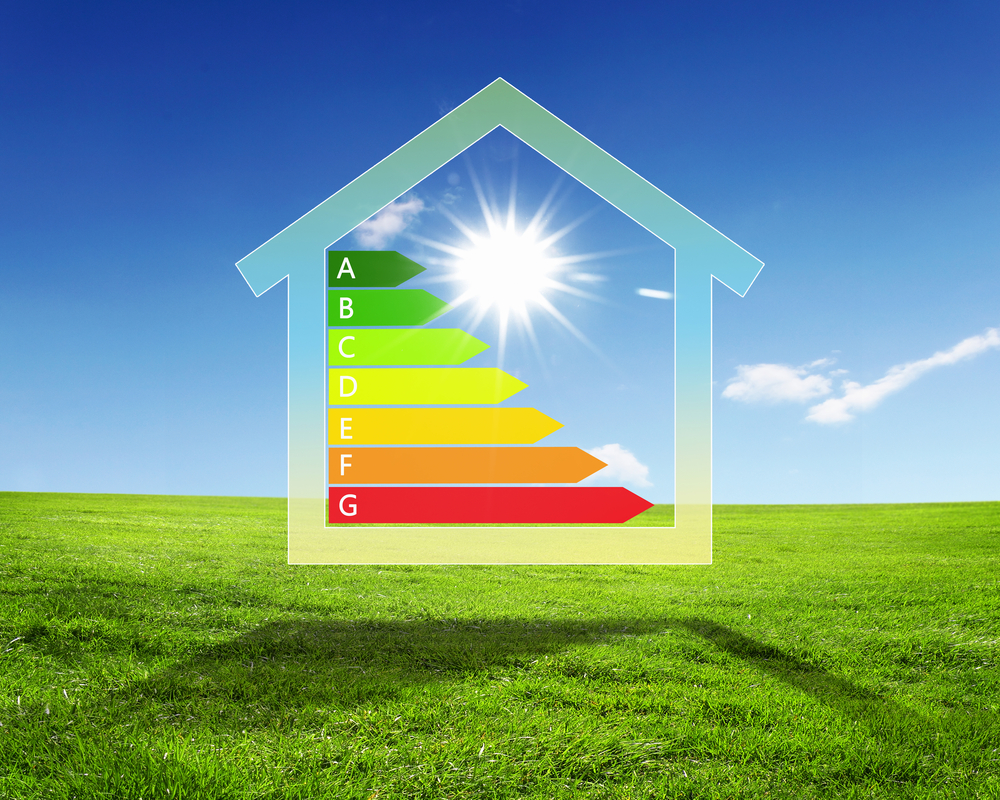In the first quarter of 2024, the number of energy performance certificates (EPCs) registered with the government fell by 4% compared to the previous year. A total of 453,000 EPCs were submitted in this three-month period, covering both domestic and non-domestic properties.
This included 406,000 EPCs relating to domestic properties in England – a decrease of 1% on the previous year. Within this figure, the number of EPCs submitted for new homes continued to increase, up 3% on last year. However, there was a 2% drop in the number of EPCs registered for existing homes, which make up a much larger proportion of properties and EPCs.
For new homes, 85% of EPCs submitted received an A or B rating, a marginal increase (up from 83%) compared to the same period last year. However, despite this quarterly increase, government figures show that 232,000 EPCs were submitted for new buildings for the year to the end of March – a decrease of 6% on the previous twelve month period.
This drop in the number of registered EPCs comes as Santander calls on the government to provide households with more financial support for energy efficiency improvements.
The calls are backed by Conservative MP and chairman of the Environmental Audit Committee, Phillip Dunne.
Santander says research for its ‘Tomorrow’s Homes’ report found that almost half of British homeowners say improving energy efficiency in their home would have a significant impact on their lives. However, more than six in ten (61%) of respondents have no plans to make improvements within the next two years, with upfront costs cited as one of the main barriers.
Santander says homeowners are ill-equipped to take on the burden of renovation, with almost two-thirds (64%) saying they do not know the current EPC rating of their property.
Showing his support for more action in this area, Dunne said: “This report makes a number of interesting recommendations on raising awareness among homeowners, landlords and tenants of the benefits of reducing energy costs through renovation. The government has introduced a number of incentives, such as VAT reductions on energy efficient installations and the Home Upgrade Scheme for grants to support the introduction of heat pumps.
“But there is room to do more, to help households on the path to decarbonising homes, reducing energy costs and reducing emissions.”
Fiona Hyde, head of sustainability at Santander, said: “It is clear that homeowners and tenants need government support to be better informed about the options available.”
She adds: ‘The houses and flats we know today will in most cases be the same houses and flats we will live in for generations to come. If we really want to tackle the climate crisis and achieve the country’s carbon emissions targets, not retrofitting them is simply not an option.”


